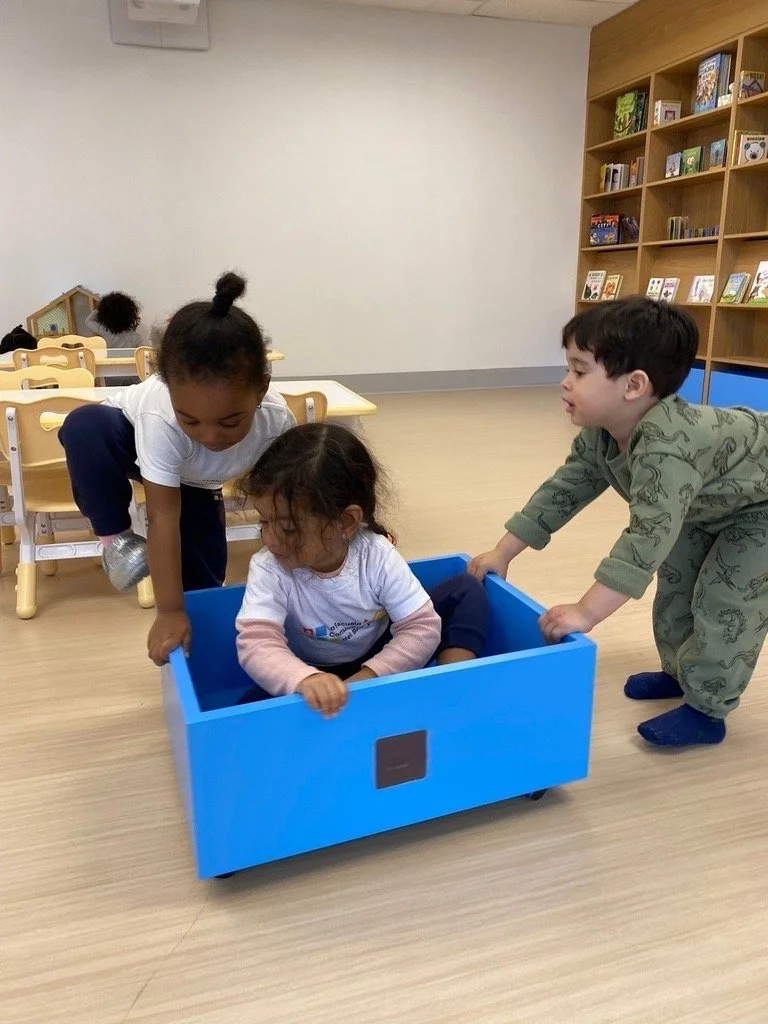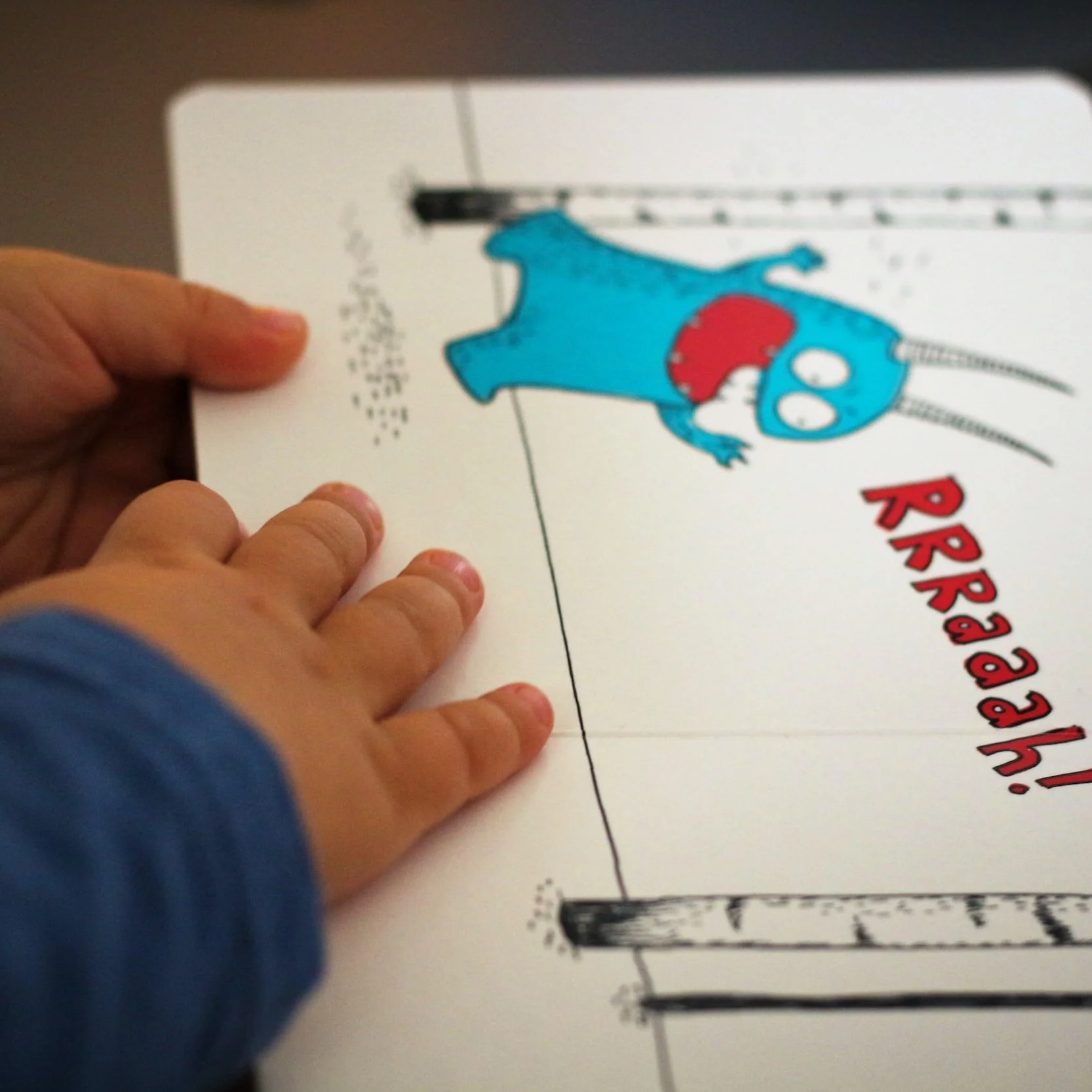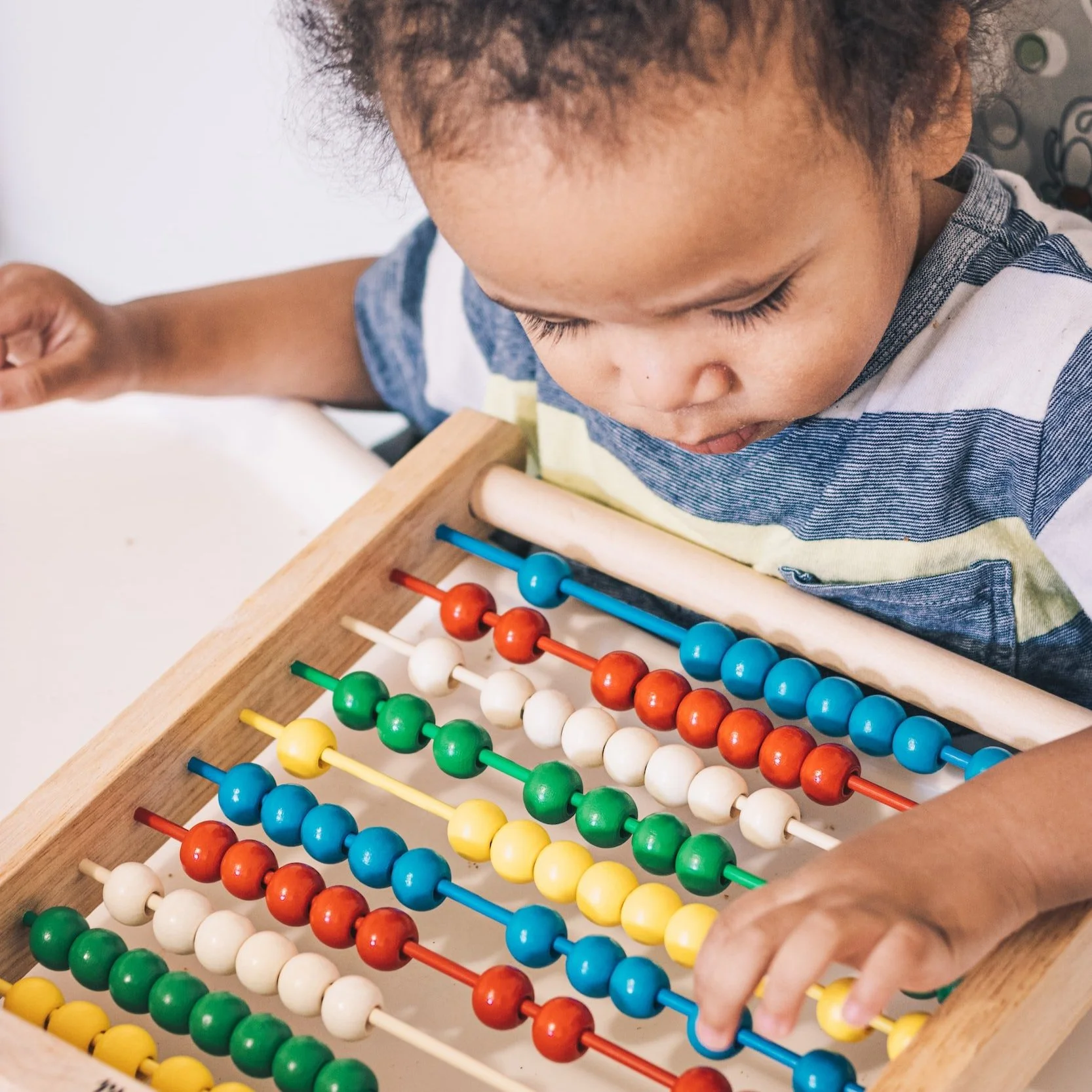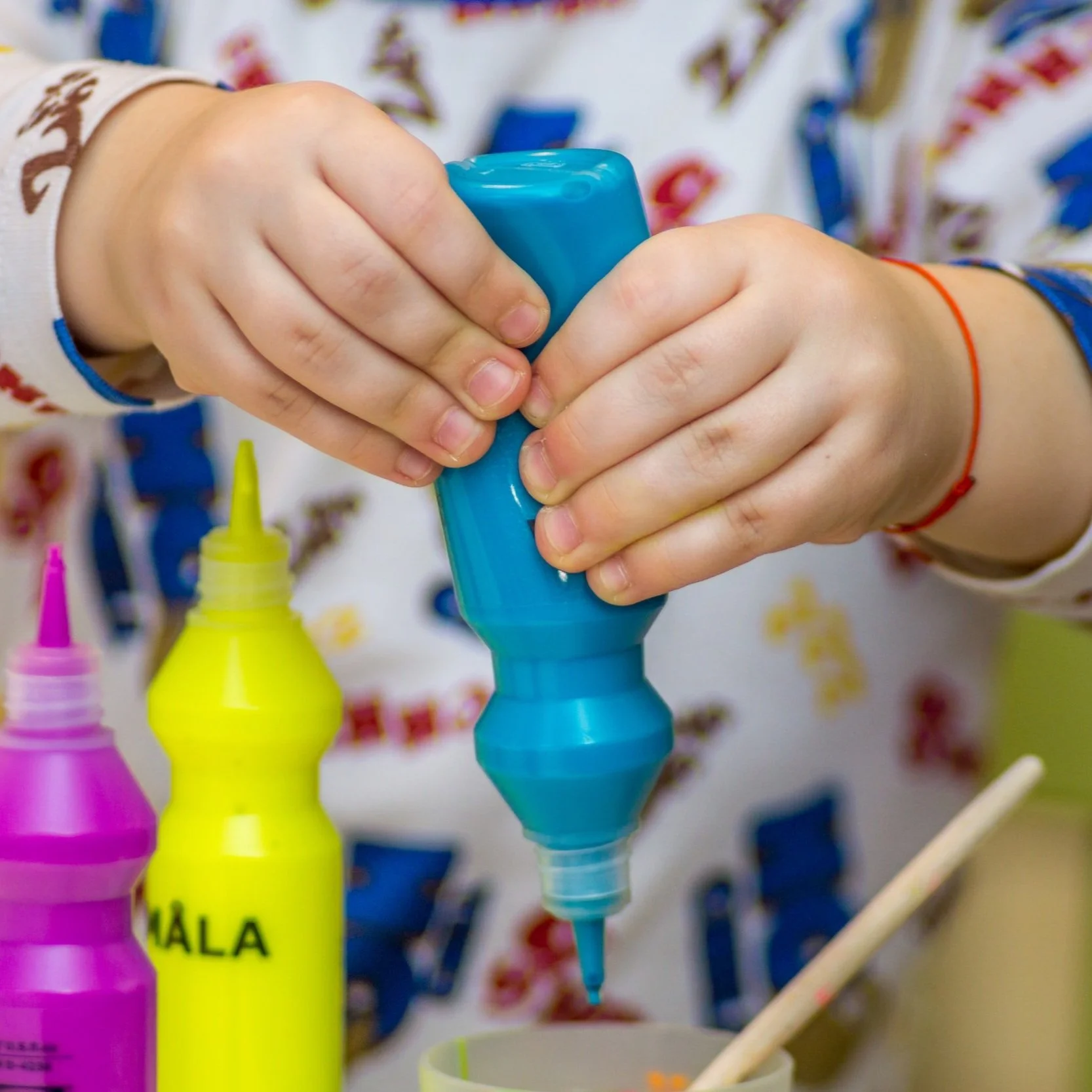
Supporting Children’s Development
2-3 years old
The home-school connection frames a child’s experience and learning as well as our ECB community. Children’s overall development which includes social emotional learning, problem solving skills, and conflict resolution, as well as pre-academic skills, are all promoted and supported as a collaborative approach with families, regardless of the family's home language. Teachers will share a recap of the day with pictures through the Lilio portal in order to keep families involved and aware of their child’s day. Families are also encouraged to ask their children about their day with the support of the pictures to reinforce that we are all members of the ECB community.
Social Emotional
As children enter our program at the age of two, we intentionally focus on toddlers gaining a positive sense of self, independence as well as fostering new relationships with their teachers and classmates. Pictures of the children, their families and the staff are implemented as tools, as well as providing multiple opportunities for children to explore and interact with multisensory materials, in order for children to gain greater understanding about their environment and themselves. Teachers support children by helping them identify simple and complicated feelings as they develop. The classroom provides multiples of the same toys and materials in order to reduce conflict amongst children. As they grow, we begin to introduce turn taking as well as conversations which encourage empathy and community building.
Language & Literacy
Toddlers acquire language and pre-literacy skills through natural group and individual conversations as they work and interact with books, blocks, dolls, manipulatives, and art materials. Our language rich environment promotes vocabulary building and literacy through the use of labeling objects throughout the classroom, reading stories, writing children’s words as they observe, comment and narrate their work. During informal instruction and transitions, teachers model the language as they narrate actions, sing songs, and provide pictures to further support children’s multilingual development.
Math & Science
Through the use of hands-on materials and sensory experiences in nature and the classroom, children are motivated to naturally ask questions, explore and experiment to make meaning. Children learn about cause and effect, exercise visual tracking and their motor skills and gain math and science knowledge using blocks and other materials of varying sizes. Through cooking activities and informal science experiments using water, sand, playdough, clay and other textures, children sort, create patterns, identify numbers and count, and begin to understand opposites as the concepts emerge from their interests.
Art, Music & Movement
Young children explore paper with different writing tools like pencils, crayons, markers, cray pas, etc using different types of lines, textures and colors. As they learn to manipulate the tools, they begin to create open and closed shapes, shapes that resemble letters and will tell stories about the images they create. Through music and movement and on paper, children express their thoughts and feelings with minimal adult interference. Teachers provide different materials in order to support children’s artistic interest, development and expression.






